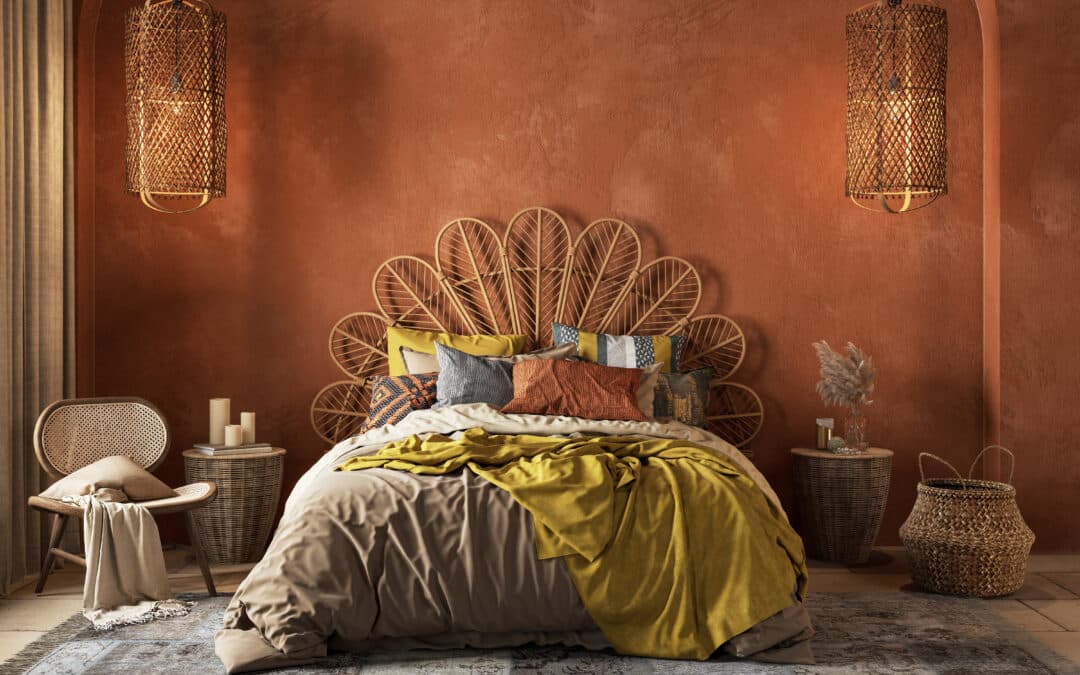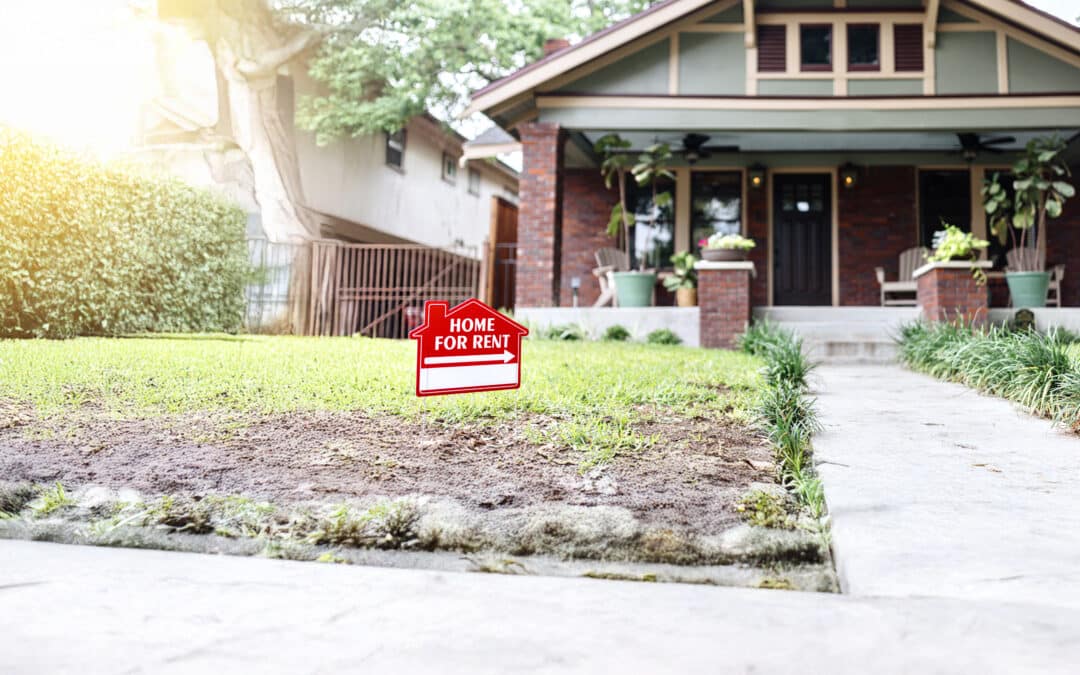How does cladding work?
In buildings and houses, cladding is a process of attaching or covering a structure with a material. It is a method of creating a unique appearance for residential housing. It is important to study the environment and consider the main function of the building before choosing a cladding material from a trusted Architectural Cladding Suppliers.
Installation of cladding has a number of benefits and reasons. In this guide, we listed the things you need to know about this cladding, such as why you need to consider it, what materials you need, how it affects your performance, and how much maintenance it requires.
Cladding’s benefits
Despite the fact that cladding continues to be popular in modern houses, its benefits go beyond making the building more visually appealing.
The first step is protection
Now that we’ve gotten cladding out of the way, let’s discuss what kind of material is best suited for this purpose. Different materials offer different levels of protection, so it’s important to choose one that will work best for your specific home.
Prevents sound transmission
In the cities, external sounds can be annoying and distracting, which is why cladding can help you with sound insulation and make your home more stable and peaceful.
Minimizes energy consumption
When you want to control a fair amount of temperature, cladding helps create a sealed environment. It improves insulation to be more energy efficient. Additionally, it provides ventilation and daylight access. By removing the built-up moisture within the house, the inbuilt ventilation will enable the house to be more energy efficient. As the cladding allows a good amount of daylight to enter the interior, there will be no loss of light as well.
What kind of cladding is best for this situation?
In order to clad your house, the main concern is the material. Thus, you might want to consult a roofing manufacturer to help you with your options. Also consider the materials that are suitable to your surroundings.
Cladding made of UPVC
UPVC, or Unplasticized PolyVinyl Compound, is weather resistant and corrosion resistant. Because of its free maintenance, it is favored by many homeowners and property owners. It only needs to be washed to keep it looking good. Properly installed, it can also be fire resistant because it prevents fires from spreading to other areas of the house.
Cladding made of stone
It is a durable material that can last for years, and it protects the internal walls from absorbing water or moisture. Stone cladding is one of the most natural and unique looking types of exterior cladding.
Cladding made of bricks
This kind of material just needs simple washing to keep it in good condition. It also emphasizes the strength and safety of the building, so you won’t need to worry about cracks caused by temperature changes.
Cladding made of metal
Both metals are harder to damage, so many property owners choose aluminum because it has the properties that are resistant to fire, while others use steel wall cladding panels because of their sturdiness. These materials are also excellent for insulation since they provide good heat retention. Many designers embrace steel’s durability and flexibility, while manufacturers like Union Galvasteel Corp.(UGC) continue to provide quality prepainted galvanized steel claddings with protective polyester paint and zinc coating to prevent corrosion and rusting caused by changing of the climate. Other primary advantages of using prepainted galvanized steel cladding panels are that they are:
Cladding made of wood
Although wood cladding is stronger than the other cladding like aluminum, its installation and maintenance are expensive.
Cladding made of glass
Glass cladding is mostly used in business offices and residential buildings because it is light and strong enough for cladding and is also inexpensive and easy to install.
Different styles of cladding always give satisfaction. Improving the looks of your house is a good giveaway, but it is always important to be realistic about its effectiveness especially from the various elements. Maintaining a good physical state of your chosen material is also a priority to lessen the cost of repair and to give lasting protection to your house. It is a wise decision to consult professional cladding contractors to get high quality and low-cost, as well as knowledgeable about which material is best for your environment.























0 Comments